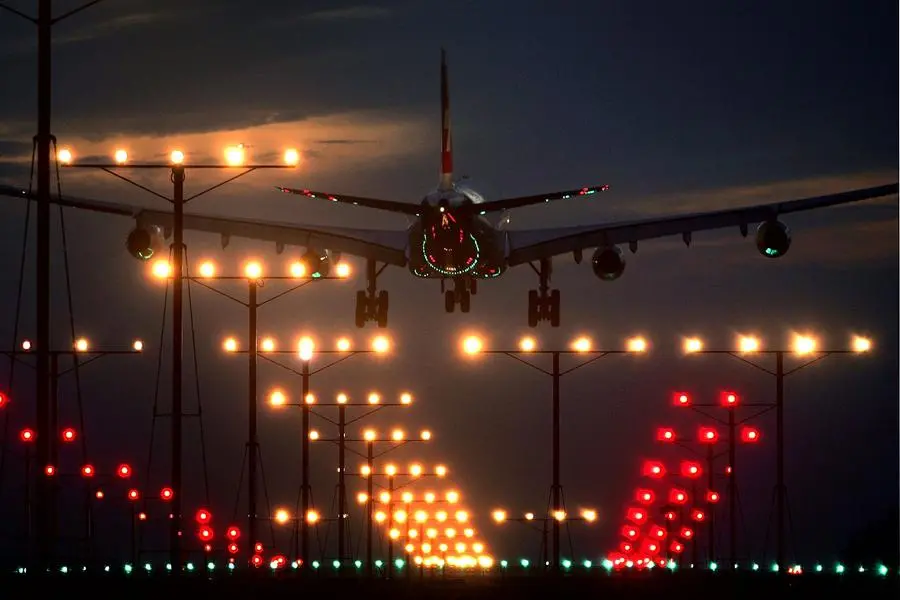PHOTO
The market practices that led Eritrea to slap Ethiopian Airlines with a flight suspension could be indicative of inadequate competition in Eritrea’s air transport sector, as well as the pressure that the Ethiopian flag carrier feels to generate foreign exchange for the state.
Industry observers see the airline’s alleged predatory practices as partly driven by market realities and pressure to help feed the country’s appetite for forex.
Ethiopia has a huge foreign exchange deficit and Ethiopian Airlines has been at the forefront of earning foreign exchange for the country.
In 2016, for example, the carrier, which sold tickets in the local currency domestically, was ordered to only accept foreign currency for tickets bought by foreigners resident in the country.
Shortly after taking over leadership of the airline in March 2022, current chief executive Mesfin Tasew, ordered a special back audit of accounts with all sales agents and the carrier’s offices outside Ethiopia. The exercise is reported to have yielded $35 million.
Ethiopian, Africa’s largest airline, flies to nearly 60 destinations within the continent. It has been praised for facilitating trade and commerce by connecting a continent short of rail and road links. But its growing dominance, often cited as a model of sound airline governance, has also attracted criticism.
Passengers complain of poor service, a reluctance to compensate for delays or loss and damage to luggage.“Ethiopian has a poor record of recompense for faults and its service levels within Africa are not commensurate with the pricey tickets travellers have to pay for even very short distances,” said one frequent flyer, reacting to the news of the ban by Asmara.
Eritrea’s Civil Aviation Authority wrote to Ethiopian Airlines on July 21, advising that the carrier would not be allowed to operate flights to Eritrea effective September 30.
The Eritrean CAA accused Ethiopian of a litany of market violations, including high fares, damage, pilferage and loss of passenger baggage as well as frequent flight delays with no compensation.
Ethiopian is also accused of arrogance and failure to respond to concerns that have been brought to its attention several times.“Cognisant of the consistent and persistent malicious trading practices pursued by Ethiopian Airlines in general and systematic and organised passenger luggage theft, pilferage, damage, prolonged flight delays and loss with no compensation, in particular coupled with unjustified and unwarranted price hikes and other irregularities witnessed,” the CAA complained, before concluding that it was compelled to suspend all Ethiopian Airlines flights to Eritrea with effect from September 30 2024.
In a notice to the public, Ethiopian Airlines acknowledged receiving the notice, but said the specific reasons for the suspension had not been disclosed.“Ethiopian Airlines is currently seeking clarification from the Eritrean Civil Aviation Authority and is committed to resolving any issues amicably and promptly,” it said.
Read: Ethiopian Airlines sees 30pc passengers rise in 2024However, according to industry sources, Ethiopian is becoming a victim of its own success. It is the only airline capable of flying passengers to virtually any region of the globe. Also, Ethiopia’s restrictive policies lock out competition.
In Eritrea for instance, Ethiopian accounted for 15 of the 44 weekly departures from Asmara International Airport.
Market access“The African air transport market is notoriously restricted. This means that even where Ethiopian has succeeded, it does not have the market access in terms of frequency that would allow it to absorb all the demand in a manner that moderates pricing,” said an industry source.
In many places, the same restrictive market policies have turned Ethiopian into a monopoly. For instance, while ET has daily flights to almost all the capitals in West Africa, few of them have airlines that fly into Ethiopia.
To break the market deadlock, Ethiopian has been setting up subsidiaries elsewhere on the continent.
Togo-based ASKY is an example. Set up in partnership with institutional investors, the airline has given Ethiopian rights enjoyed by Togo in West Africa.
A similar partnership exists with Air Malawi, with plans to have the same replicated in Zambia.
This seeming dominance has attracted a backlash, with some governments now looking at it as a tactical manoeuvre by Ethiopian to establish itself as the sole pan-African carrier.
Recently, Nigeria shredded plans to revive its national carrier’s partnership with Ethiopian, citing similar fears.
© Copyright 2022 Nation Media Group. All Rights Reserved. Provided by SyndiGate Media Inc. (Syndigate.info).
MICHAEL WAKABI





















